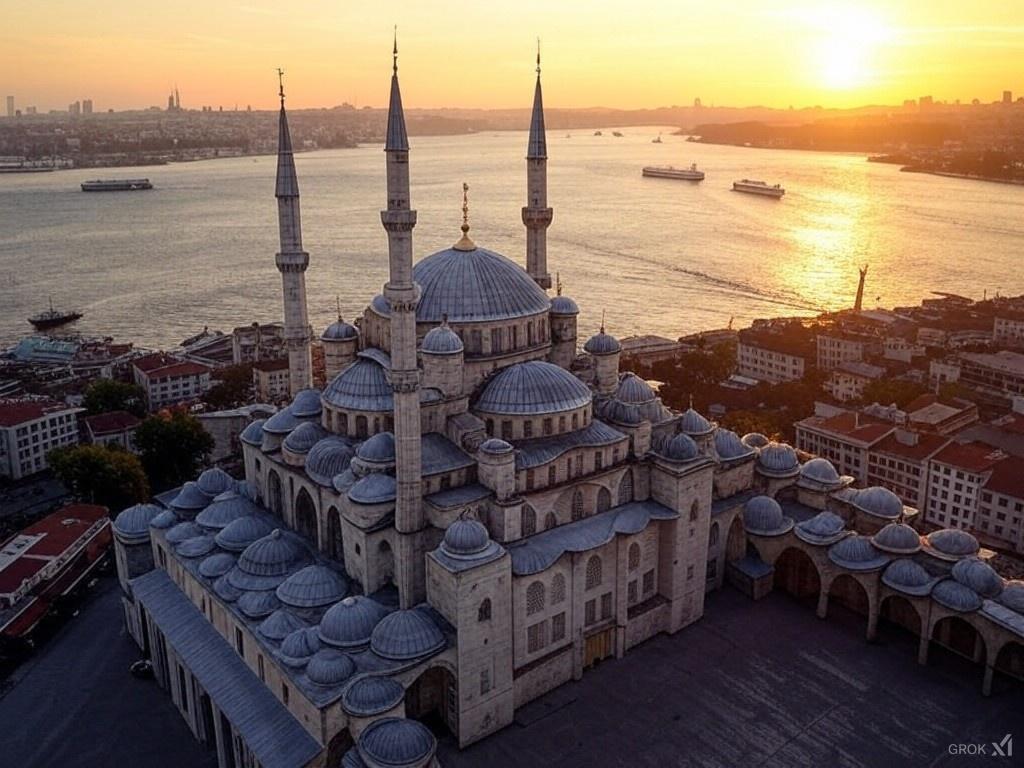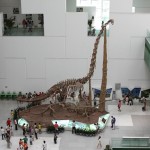Turkey, the land where East meets West, has long been a cultural and geopolitical crossroads. Its unique position, straddling Europe and Asia, has made it a center of trade, culture, and innovation for centuries. As the heart of the Ottoman Empire, Turkey played a pivotal role in shaping global history, blending traditions, and advancing technologies that have left a lasting impact. For TESOL teachers, Turkey offers an unparalleled opportunity to immerse yourself in a land rich with historical significance and modern aspirations.
The Rise and Fall of the Ottoman Empire
The Ottoman Empire, established in 1299, was one of the longest-lasting and most influential empires in history. At its height in the 16th and 17th centuries, the empire spanned three continents, encompassing parts of Europe, Asia, and Africa. The Ottomans were known for their military prowess, architectural brilliance, and administrative innovations.
- Golden Age: Under Sultan Suleiman the Magnificent, the empire reached its peak, known for its tolerance, cultural achievements, and advancements in art and science.
- Technological Contributions: The Ottomans introduced advancements in astronomy, medicine, and engineering. They perfected siege weaponry like cannons and innovated water distribution systems in their cities.
- Decline: By the late 17th century, internal strife and external pressures led to the empire’s gradual decline. The Ottoman Empire officially ended in 1923, giving birth to the modern Republic of Turkey under Mustafa Kemal Atatürk.
Technologies We Owe to the Ottomans
- Domed Architecture: The Ottomans perfected the use of domes in architecture, as seen in the Hagia Sophia and the Blue Mosque. This innovation influenced structures across the Islamic world and beyond.
- Advanced Medicine: Ottoman scholars built on Islamic and Byzantine medical knowledge, establishing hospitals and medical schools that advanced treatments for various ailments.
- Astronomical Instruments: Inspired by earlier Islamic traditions, Ottoman scientists developed sophisticated tools for navigation and astronomy, aiding exploration and trade.
- Urban Infrastructure: The Ottomans designed aqueducts, public baths, and bazaars, creating efficient and thriving urban centers that influenced city planning.
- Coffee Culture: Though originating in Ethiopia, the Ottomans popularized coffeehouses, turning coffee drinking into a social and cultural phenomenon.
Bridging East and West
Turkey’s role as the bridge between Europe and Asia has shaped its identity as a melting pot of cultures. The Ottoman legacy of tolerance and cultural exchange is still evident today. This dynamic environment makes Turkey an exciting destination for TESOL teachers eager to explore and connect with diverse communities.
Why Teach English in Turkey?
English is a vital skill in Turkey’s globalized economy, and the demand for TESOL-certified teachers continues to grow. Teaching in Turkey allows you to:
- Engage with students eager to learn in schools, universities, and private language centers.
- Immerse yourself in the country’s rich cultural heritage and modern lifestyle.
- Explore iconic historical sites like Topkapi Palace and Cappadocia during your breaks.
Fun Facts About Turkey
- A Global Crossroads: Istanbul is the only city in the world that spans two continents.
- Home to Ancient Wonders: Turkey houses the ruins of Troy and Ephesus, key sites of ancient history.
- The Tulip Craze: The Ottomans introduced tulips to Europe, sparking the famous Tulip Mania in the Netherlands.
- Modern Innovator: Turkey continues to lead in fields like textile production and renewable energy.
Start Your Journey in Turkey
Turkey’s blend of ancient history and modern innovation creates a unique environment for teaching and learning. From the grandeur of the Ottoman Empire to its current role as a regional power, Turkey offers an enriching experience for TESOL teachers. Begin your adventure in this land of contrasts and connections, where the echoes of the past meet the promise of the future.



